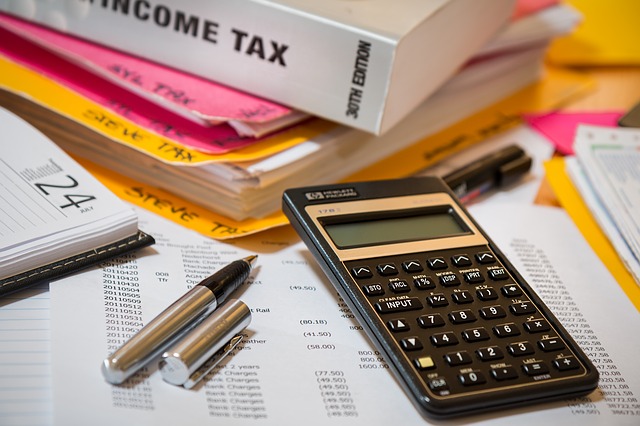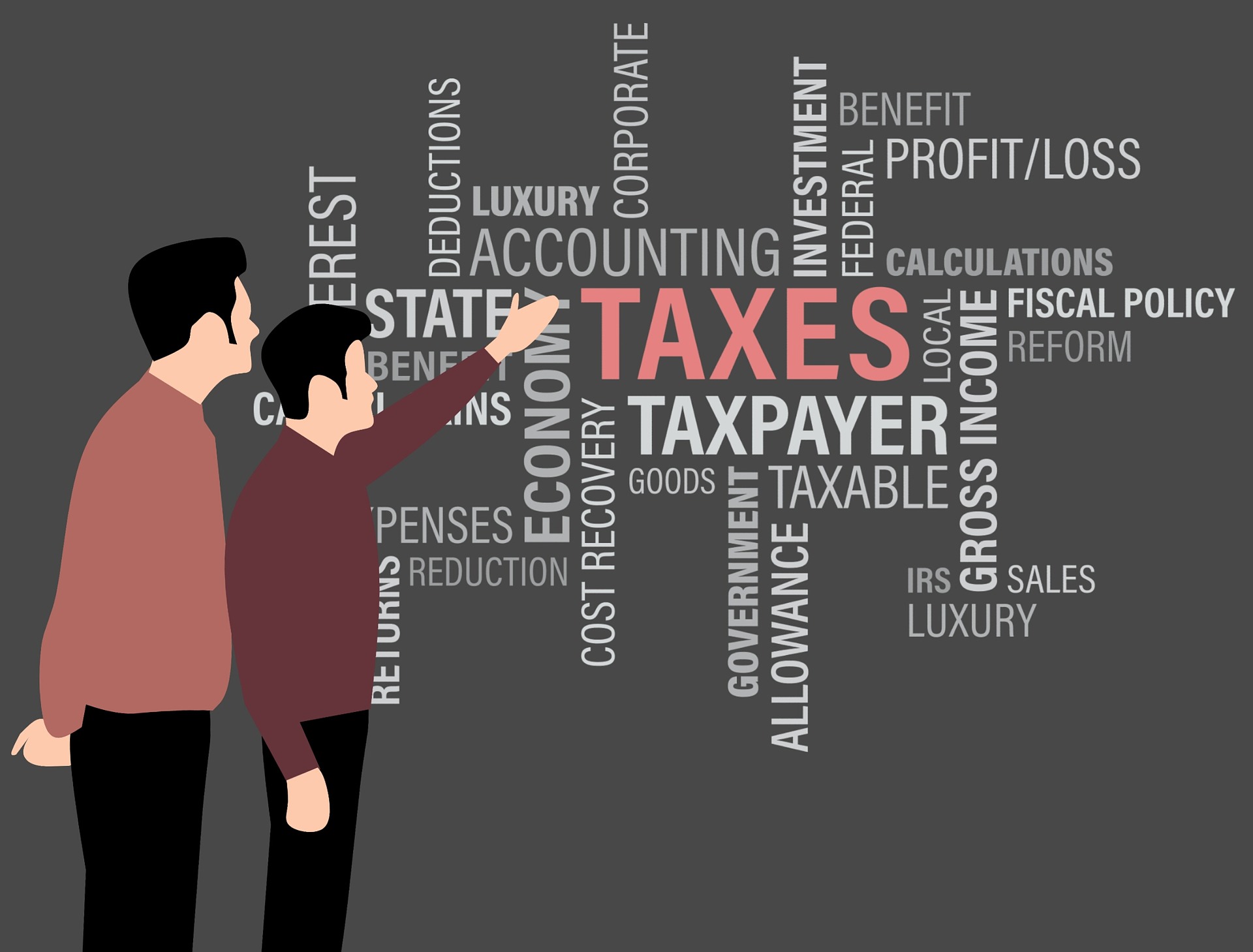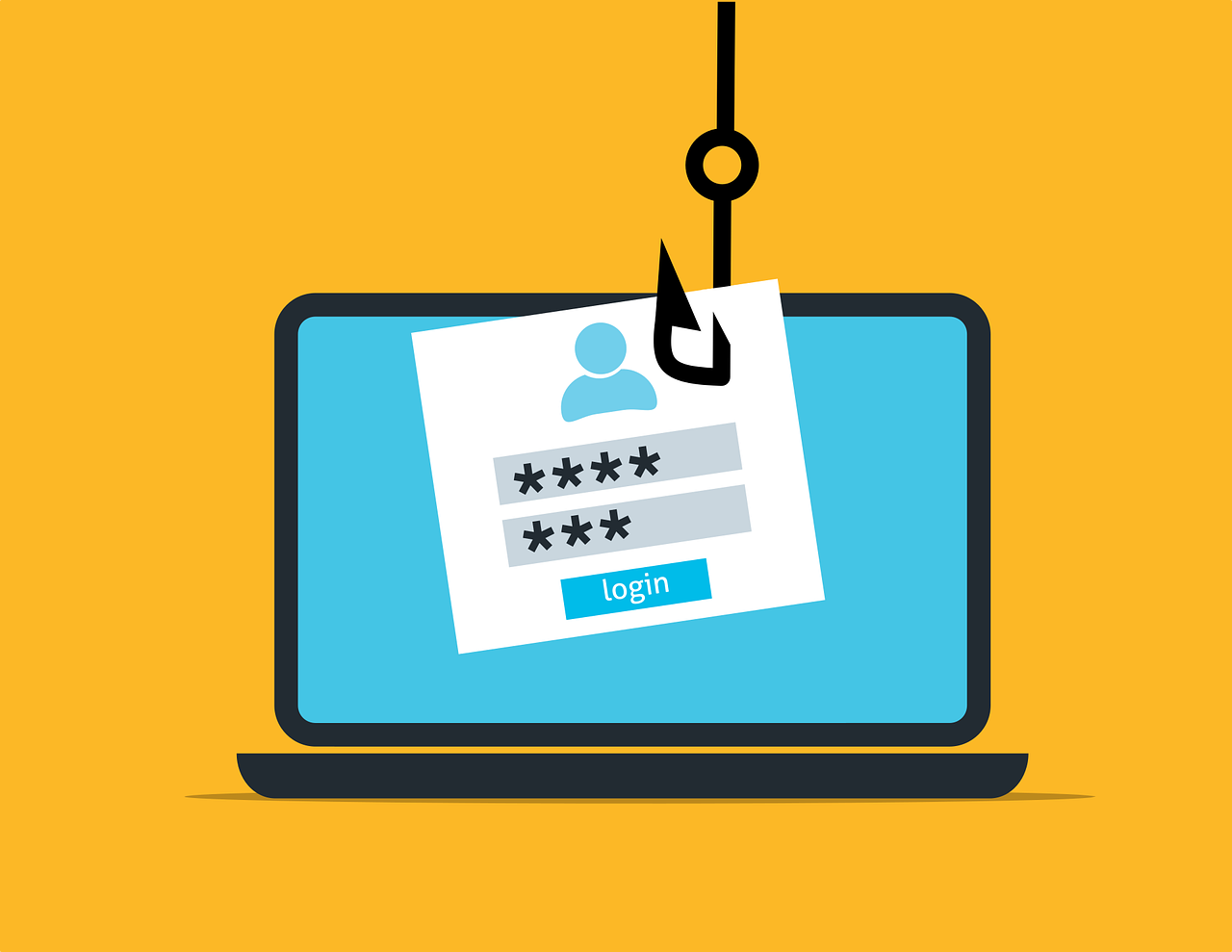CRA’s announcement
The joy of robust government support during the early days of COVID-19 turned to concern as the rules surrounding eligibility and taxation became murky. In some cases, business owners and individuals that thought they were entitled to support were told to pay it back. Some didn’t account for the taxation on the CERB. Almost all became confused by what seemed like ever-changing rules and advice from Canada Revenue Agency (CRA). Recently CRA sought to clear up the issue of repayment while also announcing interest relief.
In a PR released early February, Minister of Employment, Workforce Development and Disability Inclusion, Carla Qualtrough said, “From day one we said we would be there to help Canadians get through this difficult time. Emergency supports like the CERB helped millions of Canadians pay for things like food and rent. We made the CERB’s eligibility criteria as broad and inclusive as possible so that workers who needed support could get it. This announcement is giving certainty to self-employed Canadians who applied for the CERB in good faith, while also protecting their financial well-being. We have gone to great lengths to support workers during this pandemic, and will continue to do so as we build back better together.”
So, what does this means for small businesses in Canada?
What we know so far
Self-employed individuals who applied for CERB, qualified based on gross income, and met all the other eligibility requirements do not have to repay it. The proactive businesses that have already voluntarily repaid their CERB will be refunded.
Interest relief
In the same announcement, CRA announced an interest relief program for those that received COVID benefit support. Upon filing their 2020 tax return, those that meet the criteria will not have to pay interest on 2020 tax debt until April 30, 2022.
To be eligible for interest relief, the individual must have had a taxable income in 2020 of $75,000 or less and have received support in 2020 through one or a combination of the following programs: CERB, CESB, CRB, CRCB, CRSB, EI, and provincial emergency benefits.
There is nothing you need to do to be enrolled in the interest relief program. As long as you meet the criteria, CRA will account for this when they process your tax return.
What if I have outstanding tax returns from previous years?
Filing your taxes on time, even if you know you will have an amount owing, is important. It makes for a much smoother road once an emergency like this pandemic hits, and government support becomes a part of your operations. However, the reality is, not every business or individual files on time. Some are behind by a year, some by several years. What should you do if you need or have received support, but you have outstanding filings?

Get caught up now. As hard as it is, buckle down, do the work, and get your taxes caught up. In a time where things are in flux and government support is available, prioritizing your paperwork and finances is key. Even with the changes in filing dates and flexibility offered by CRA because of COVID, fines, penalties, and assessment are still a reality.
You are not alone
Whether you are a business that received CERB, an individual ready to file, or any company or person behind on their taxes, you are not alone. Qualified professional accountants are here to help this tax season.
AF Accounting is the modern accounting and bookkeeping firm for today’s small business professionals. With a range of online, phone, and digital services, you can rely on AF Accounting no matter where you are in Canada. In addition to providing the help you need this tax season, AF Accounting has a range of services specifically for e-commerce sellers, along with boutique services from one-time support to virtual CFO. Contact us to learn more.











